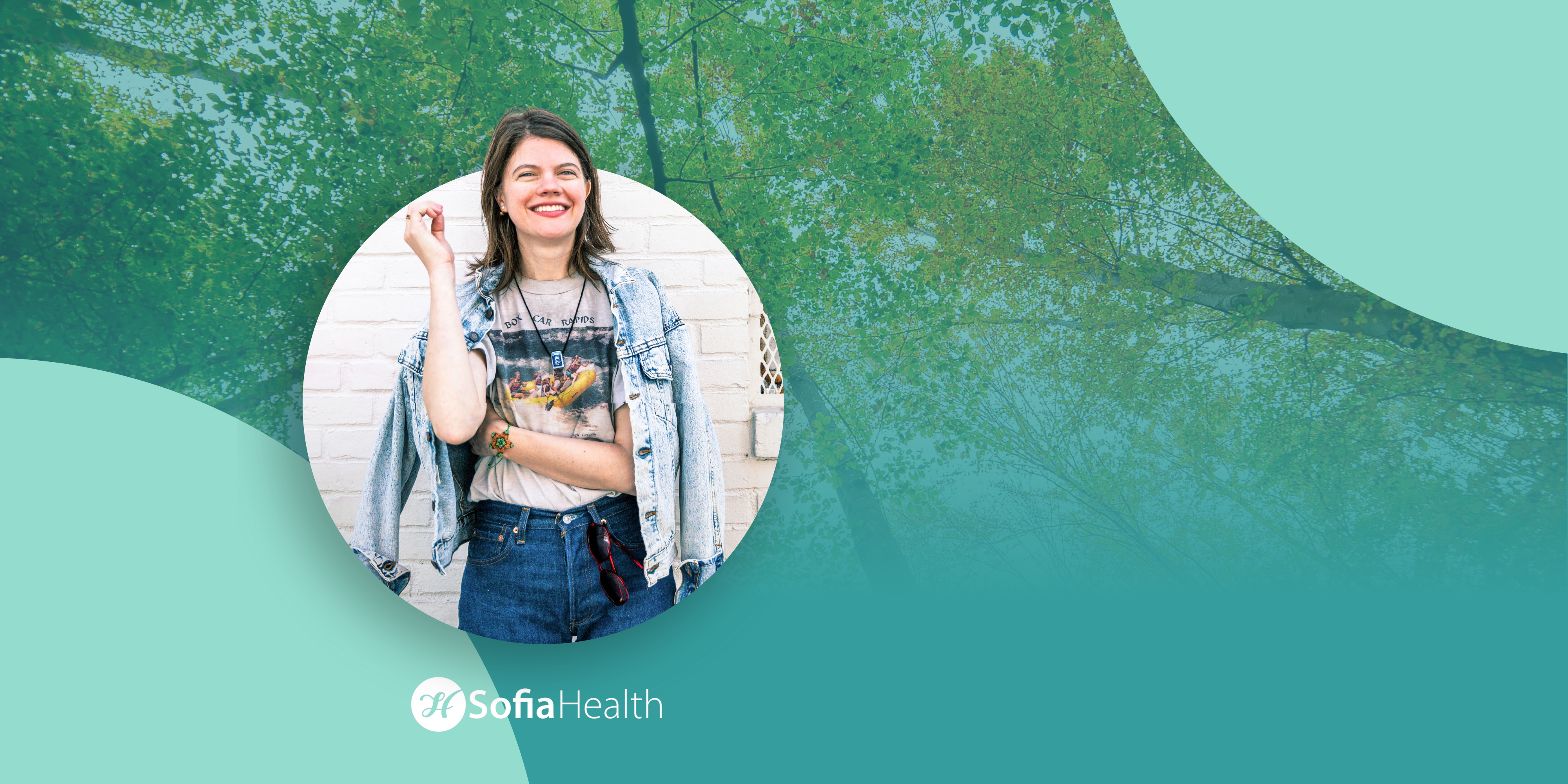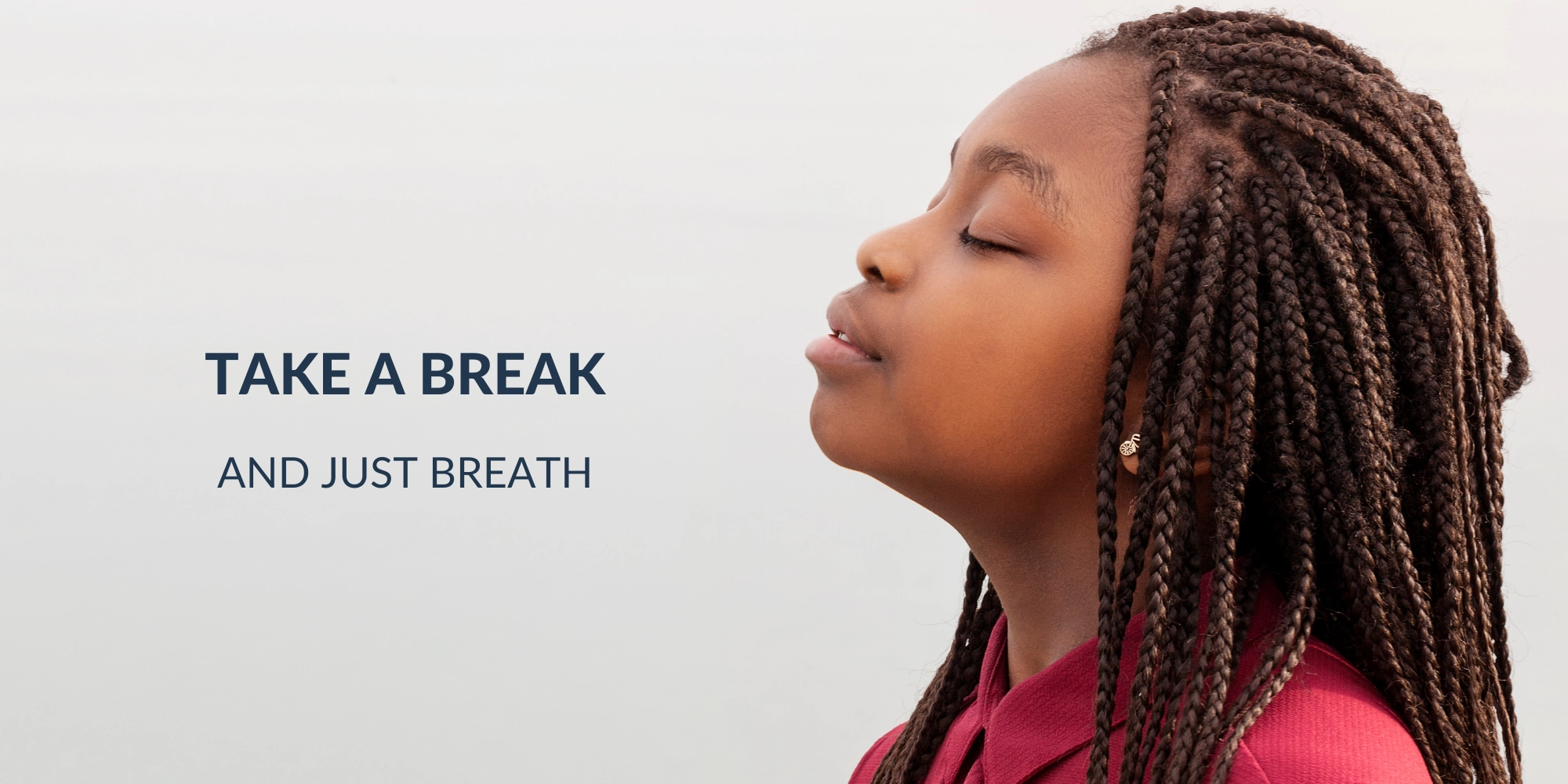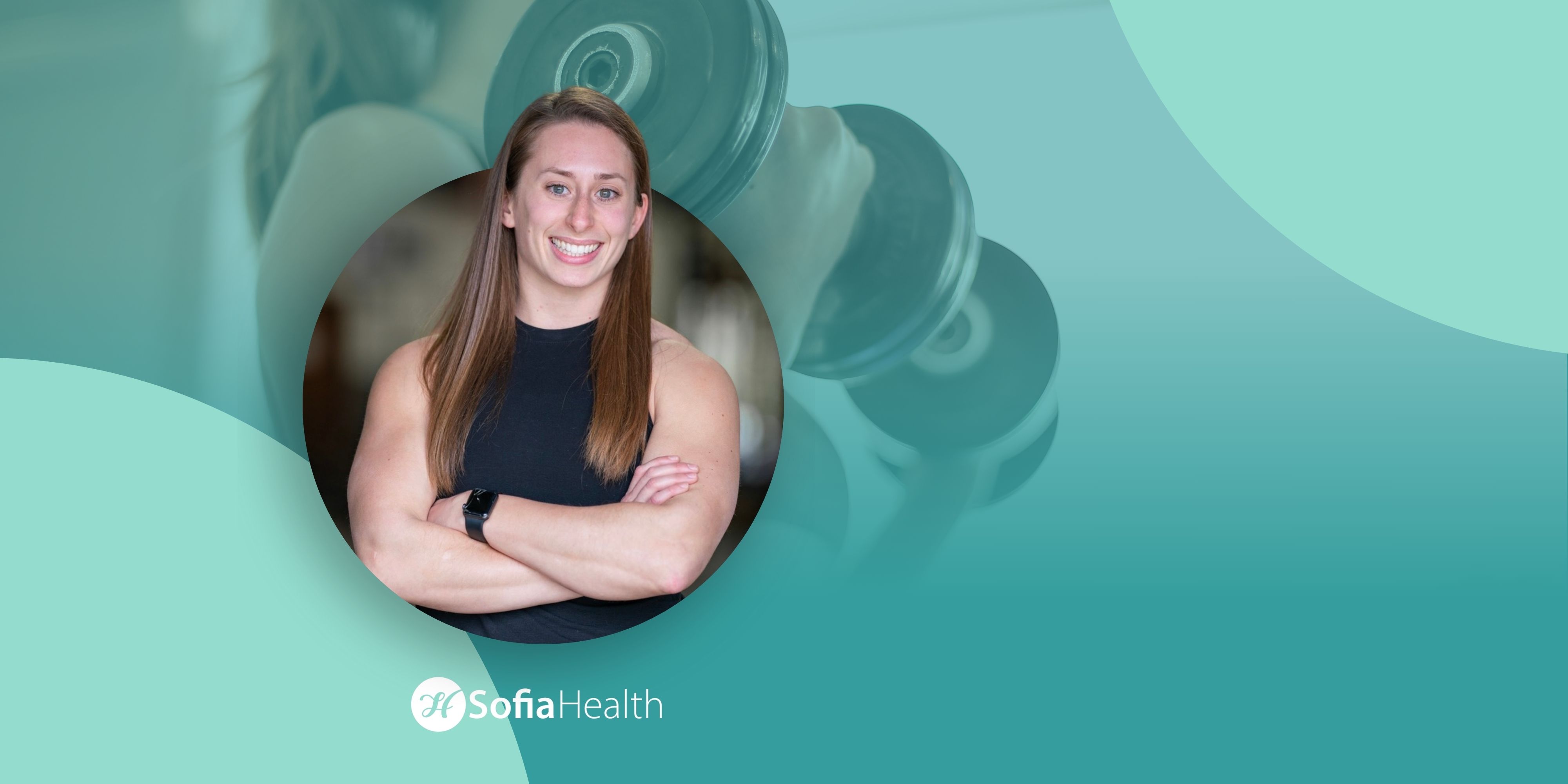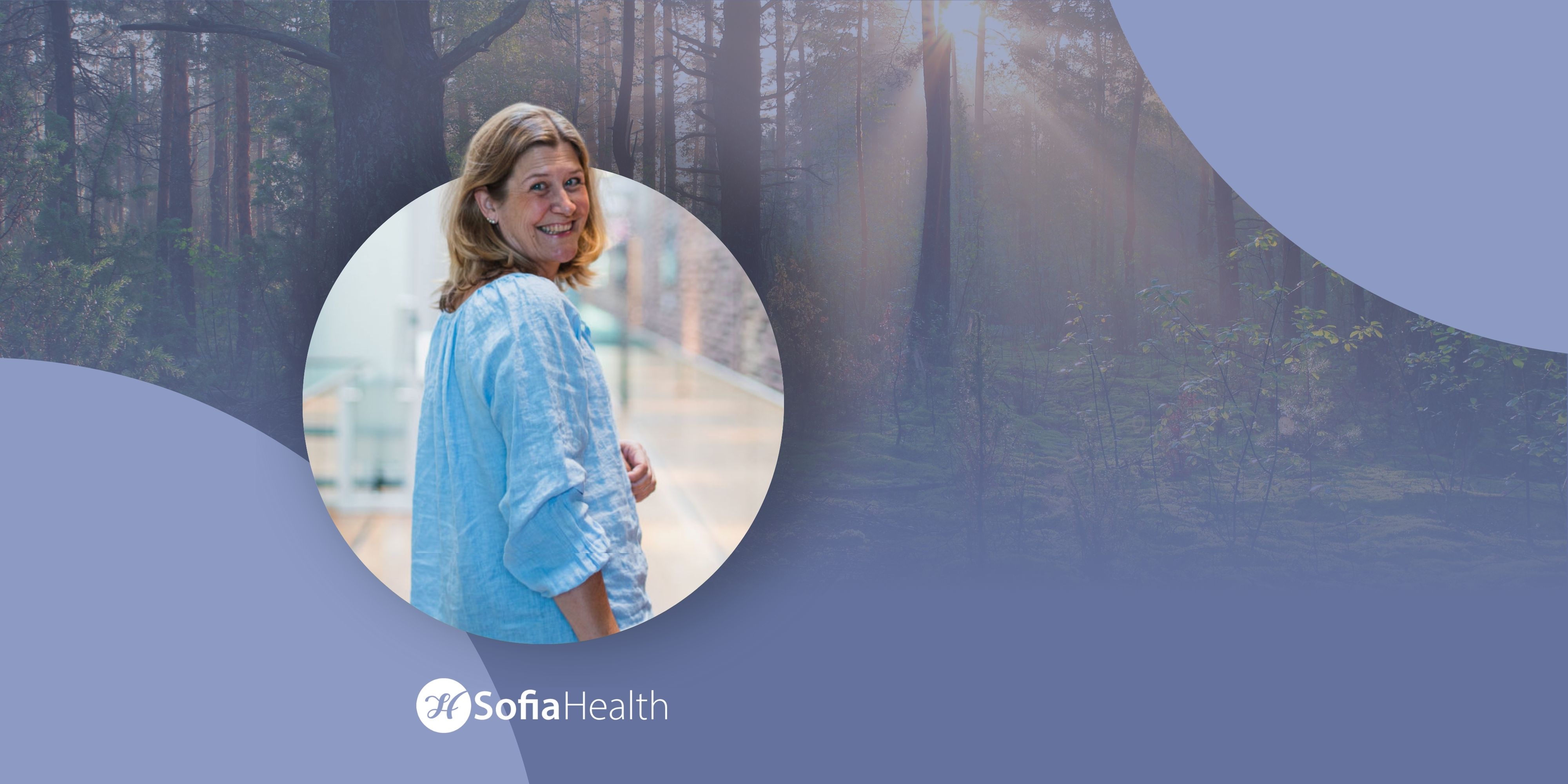Jeanne Smith is the founder of As You Are Mindfulness, a mindfulness meditation instruction service where she offers individuals an inclusive space to engage in transformative practices. She guides clients through stress-relief techniques and fosters emotional well-being, ensuring flexibility and trauma-informed care. With a background as a professional actor, Jeanne enriches group dynamics with authenticity and vulnerability. As a proud member of the Actors' Equity Association, she brings critical thinking to her instruction. Jeanne shares her expertise in this exclusive interview with Sofia Health
Transitioning from an acting career to mindfulness teaching is quite a shift. What specific aspects of mindfulness drew you towards this new path, and how do you see it complementing your background in acting and writing?
More than a transition, it has been an expansion. So much of acting, writing, and creativity is about relationships, presence, listening, and trusting one’s instincts and intuition. Mindfulness shares these qualities too, and strengthens them. Mindfulness supports me in cultivating a kind relationship with myself as well as those around me. The practice had a profound impact on me and helped me navigate the ups and downs of life, which naturally we all experience, but pursuing acting has its unique challenges. It can be really easy to get caught up in recognition as an actor, comparing ourselves to others, feeling like our vision of the career we hoped for will never happen, the way others perceive our success, and focusing on rejection. So you can see how mindfulness can help with these patterns, bringing more awareness, and cultivating compassion, and a sense of inherent worthiness. That no matter the external circumstances, I can always come home to myself. In creative work, we are also used to receiving rewards for our efforts and it can be very seductive to rely on those dopamine hits. Mindfulness and meditation encourage us to do something for its own sake. Resting in the pleasure of that is a relief for me.
Up until the pandemic, I was very caught up in grind culture and when both my industries (restaurants and theatre) came to a halt I knew I had a unique opportunity to use the time and space wisely. I desired meaningful work and to find other ways I could integrate my passions and make a positive impact. Recognizing how much mindfulness and meditation had helped me, I felt my next step was to deepen my practice and learn how to facilitate it, and share it with others.
It has been a joy to offer these practices to other creatives. Together, we are creating community that is uplifting and supportive.
Your mindfulness teaching certification focuses on being trauma-informed. How does this approach influence the way you guide individuals in their mindfulness practice, and what benefits have you observed through this trauma-informed lens?
Offering mindfulness in a trauma-informed way always has me coming back to getting curious about how learning can best occur for each individual. It requires me to be flexible in how I offer practices and to respect each person as their own best teacher. Recognizing that whatever I offer is an invitation and that people have the freedom to work with the practice in a way that is most supportive for them, has been hugely empowering. Engaging with the practice in this way has been enormously beneficial for the clients I work with, as well as myself because it honors each of our unique experiences. This strengthens one’s sense of agency and confidence, and these adjustments can make all the difference in someone’s experience with mindfulness and meditation.
A lot of people feel that they can’t meditate, for any number of reasons, and I’ve witnessed the way this approach shows people, through their own experience, that they can meditate and receive the benefits of this life-changing practice.
Sofia Health connects you to traditional, integrative, nutritional, holistic, and spiritual healing professionals to help you personalize your healing journey.
What is Trauma-informed care?
One of the distinctions of trauma-informed care is around offering choices. Trauma can be characterized as not having a choice, so it is important when offering trauma-informed care to offer different options.
For example, with meditation, there is often an instruction to close the eyes. An image most of us might hold of a meditator is someone sitting in a perfect posture with their eyes closed with a serene expression on their face. Not only is this not accessible for everyone, but closing the eyes is not appropriate or supportive for everyone. When meditating, instead of feeling like I must close my eyes, I can empower myself to keep my eyes open throughout the practice or know that any time during the practice I’m welcome to open my eyes and move my head and look around the space I’m in. These are the kinds of options I offer when I facilitate meditation.
How do you approach supporting individuals who are new to mindfulness or meditation and may need guidance on where to start?
I always encourage everyone to start simply. I used to meditate sporadically, and when I decided I wanted to start a daily practice I started with 5 minutes a day, and built it up from there. For anyone looking for guidance on where to start I would encourage them to start with a short amount of time and to connect it to something they’re already doing, and if they can to have a regular place they go to meditate. So it could be a five-minute practice after they brush their teeth, sitting in their favorite chair. I encourage them to make it as easy as possible.
It’s also beneficial to take time to reflect on our intention and motivation for practicing. If we only meditate because we think we should because someone said it’s supposed to be good for us, it’s unlikely that we’ll feel energized to start and continue. I like to consider what qualities I’d like to bring to the practice, like being kind and compassionate towards myself. I also recognize my practice as a way to deepen my connection with myself, and that taking this time is not only a gift to myself but to those around me as well. By reflecting on our deepest intention and motivation for practicing, we’ll be more inspired to explore the practice. I also think the benefits of practicing with a group are unparalleled because of the guidance, accountability, and support that it provides.
In facilitating mindfulness in a trauma-informed way, how do you ensure inclusivity and accessibility for individuals with diverse needs and circumstances?
I facilitate online classes, so the only thing people need to participate is a device that they can use to join the zoom meetings. This is one of the amazing benefits of practicing online. People have the gift of being in their own homes and can give themselves any extra support they may need. They can find a position that suits them and whatever they may be experiencing at any given moment. My sessions include sharing periods as well. During that time people have the opportunity to reflect on their experience, which also provides more insight for me and an opportunity to understand where they’re coming from and to address their individual needs.
You mention standing for BIPOC and LGBTQIA2S+ people. How do you actively advocate for and create a space that is supportive of these communities in your mindfulness practice?
As a white, cis-presenting female in a heterosexual relationship, it’s part of my mission to understand the privileges I am given that others do not enjoy, and to stand with others to eradicate what Bell Hooks called the “imperialist white supremacist hetero-patriarchy.” I understand it is a lifelong journey of learning and unlearning and I will continue to be in that space throughout my life. I have had the great fortune to learn from BIPOC and LGBTQIA2S+ leaders, as well as white spaces aimed at defecting from white supremacy and building solidarity. I also offer donations to BIPOC and LGBTQIA2S+-led organizations.
The community guidelines I work with within my mindfulness teaching, which are adapted from David Treleaven’s book Trauma-Sensitive Mindfulness and rooted in indigenous practices, aim to create the conditions for a supportive container where everyone can share authentically and spontaneously from their heart. Mistakes are inevitable on this path and I am committed to accountability. If anyone ever feels those guidelines are not being upheld, or has any other reflections or concerns, they are always welcome to share their feedback with me.
What are your most helpful tips for women's health?
I think it goes back to relationships and cultivating a kind and supportive relationship with oneself. From there it is so much easier to cut through the noise of what we think we “should be” doing and discover the wisdom within. For me, finding simple daily practices that help me build this relationship with myself has been paramount. It’s easy to dismiss simplicity, but I find it the most powerful and transformational. I would encourage all of us to make it as easy and accessible as possible to find moments of connection with ourselves and others. Focus on the foundational aspects of health like getting enough sleep and hydrating. There’s a lot of pressure to overcomplicate it but in my experience, the more I simplify and pare down the excess, the more I live with integrity and alignment, and that’s what optimal health means to me.
More from Sofia Health
Explore more enlightening interviews with specialists at Sofia Health. Gain diverse insights, practical tips, and transformative advice on health and wellness topics. Whether it's nutrition, mental well-being, or holistic healing, these expert interviews provide valuable resources for your journey to holistic health. Please read on and help yourself with knowledge for a healthier life.
Whether you prefer a subscription over live classes or want to shop for individual services, classes, or products, we have you covered. We're here to help you meet your wellness goals for physical, mental, emotional, and spiritual health. You can also take advantage of the services offered by one of the providers at the Sofia Marketplace.
Better yet, make a daily dose of wellness part of your routine. Sofia Prime offers both live classes and an extensive on-demand video library. Choose from high-quality offerings in wellness, nutrition, fitness, and meditation.
Start your two-week trial today and discover the difference that dedication and expert help can make.
Disclaimer: The Sofia Unfiltered Blog by Sofia Health is for general informational and entertainment purposes only and does not constitute the practice of medicine, nursing, or other professional healthcare services, including the giving of medical advice. No doctor/patient relationship is formed. The use of information on this article or materials linked from this advice is at the user’s own risk. The content of this article is not intended to be a substitute for professional medical advice, diagnosis, or treatment. Users should not disregard or delay in obtaining medical advice for any medical condition they may have. For any health concerns, users should seek the assistance of their healthcare professionals.







